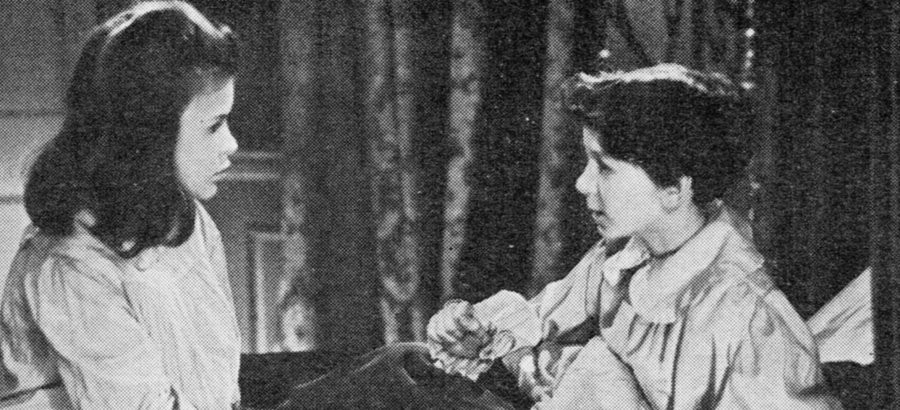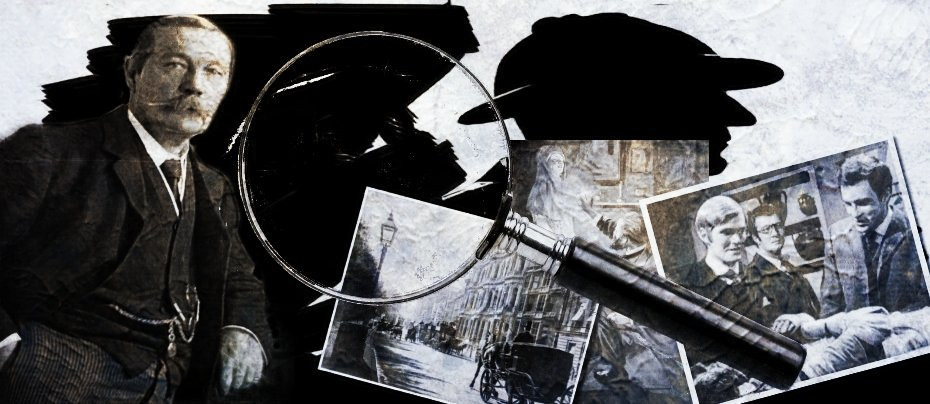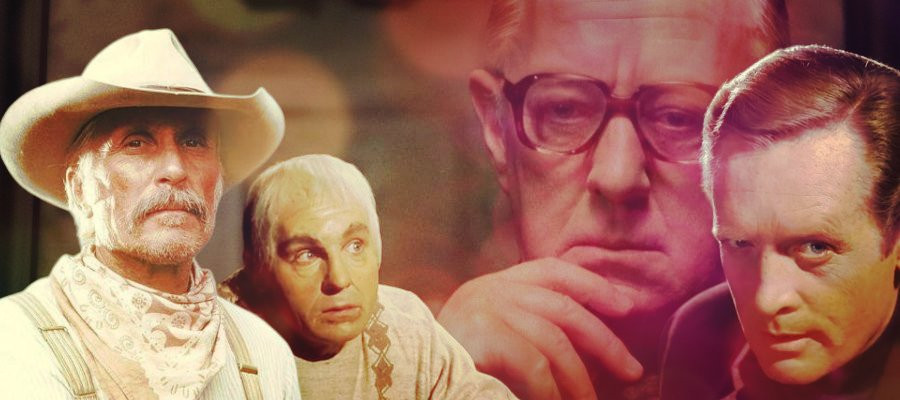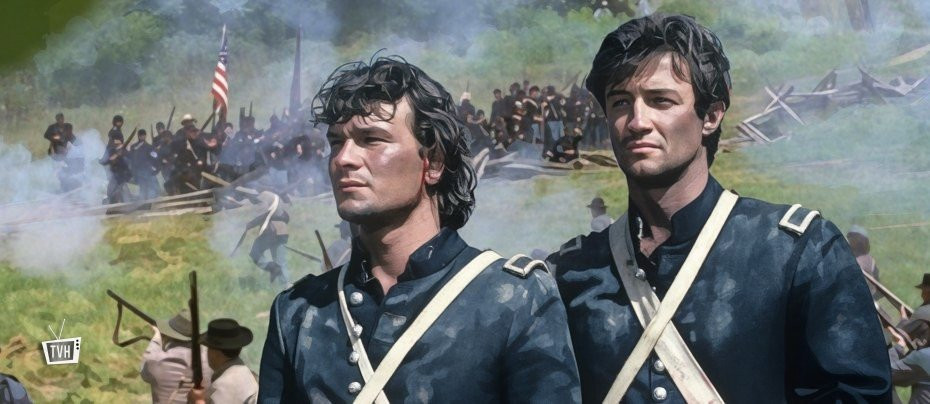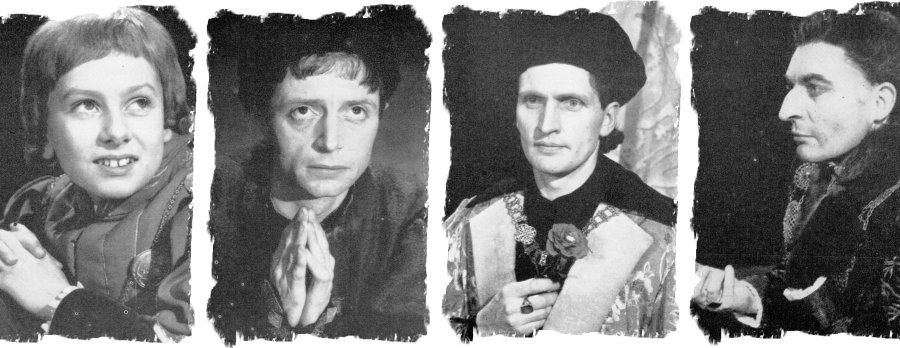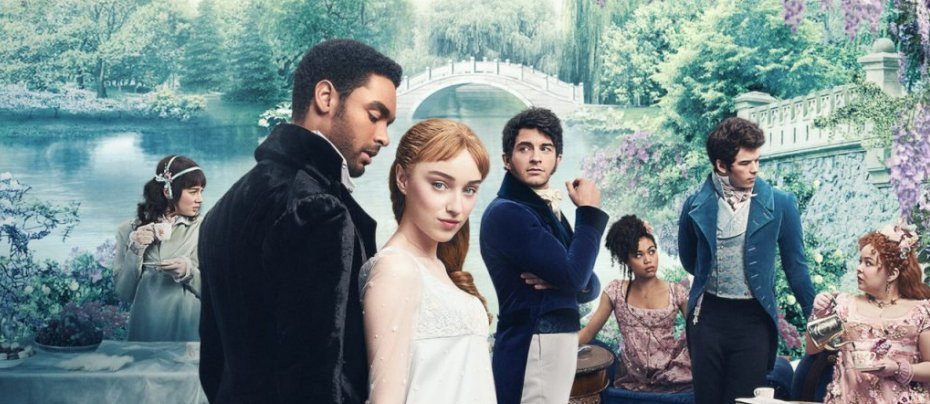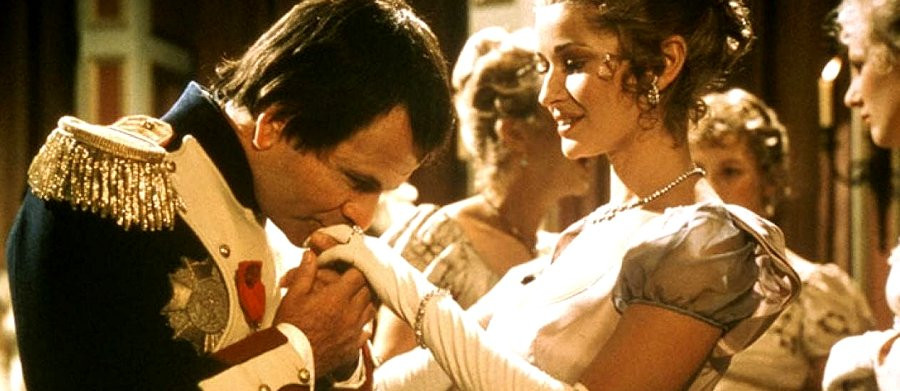
Napoleon and Love
1974 - United Kingdom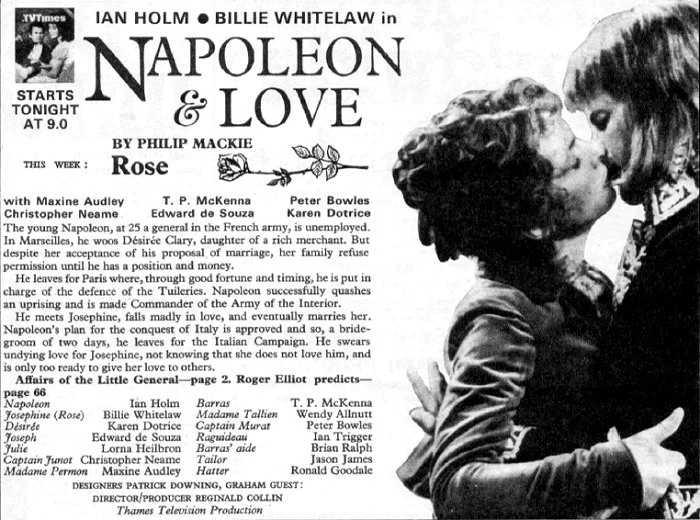
My dear noble-hearted parents doubtless thought - quite rightly - that the 9 episode Thames TV series Napoleon and Love was too racy for a ten-year old, so I never saw it when it first came out, but I was aware of its existence.
In particular, I had read that it was the first of three times Sir Ian Holm has played Napoleon. I was familiar with the other two: his hilarious cameo in the great Time Bandits and his moving performance in the quirky but beautiful The Emperor's New Clothes, both of which I also recommend very strongly. So, finding out about the DVD by accident, I jumped at the chance of completing the trilogy.
I started watching with low expectations, because the title, and the string-laden music over the opening credits, suggested a soapy romantic drama. I was therefore delighted to discover that it was a sincere attempt at serious historical biography salted with a wonderfully cynical sense of humour.
Philip Mackie's script is incredibly well-researched, especially by the standards of recent historical scriptwriting, but he wears that research lightly, never lapsing into pedantry. The Thames Television production values are much better than their BBC equivalents of the time. Of course, the whole thing is structured to avoid big battle scenes and the like, but a lot is made of a little in some pleasant location shots, the sets are magnificent, and the costumes, especially the uniforms, are spot-on: there are moments when one feels one is watching a David painting come to life. Yet the real triumph is in the casting.
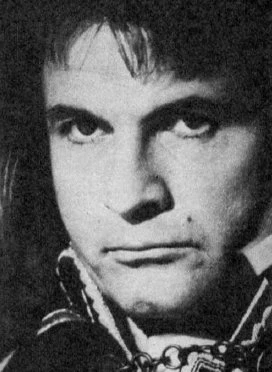
Ian Holm gives us a wholly credible Napoleon, a man whose brisk confidence in his public life hides a desperate need for affection in his private life. Whatever one's view of Napoleon as soldier and statesman, it is hard not to sympathise with someone incapable of communicating that he just wants to be loved. The subtlety of the performance lies in that it shows him develop as he matures - his social skills improve a bit, so that he becomes less likely to order women about like soldiers - but he never quite gets to the point where he understands and is understood.
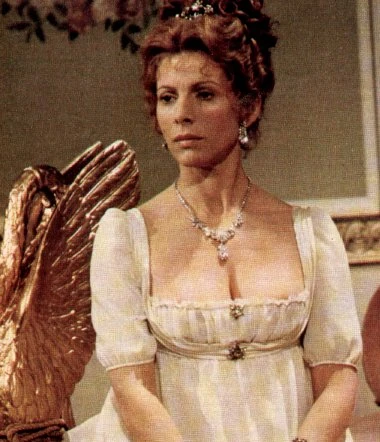
Billie Whitelaw is luminous as Josephine - but possibly a bit unfair: the historical Josephine could certainly be manipulative, but there was also a sweet innocence about her. Nicola Pagett is charming as Mademoiselle Georges and Catherine Schell is perfect as Marie Walewska - one of the most beautiful women of all time playing another of the most beautiful women of all time.
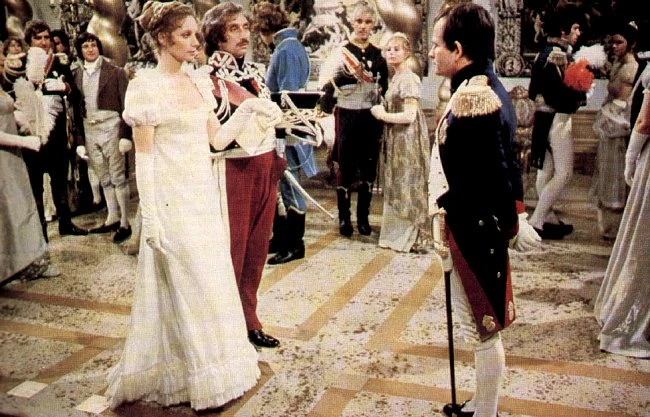
T P McKenna and Peter Jeffrey play Barras and Talleyrand respectively as a pair of exquisitely urbane and well-mannered rogues, which is what history tells us they were. The comic relief comes from Peter Bowles who is great value for money as the brave but vain Murat - again, perhaps a bit unfair but only a bit.
An interesting piece of casting has a young Tim Curry as Napoleon's stepson Eugene, and it is a shame we do not see more of him. One of the ironies of history is that if Napoleon had remained married to Josephine, and been content to let the amiable and able Eugene succeed him, the Napoleonic regime would probably have survived.
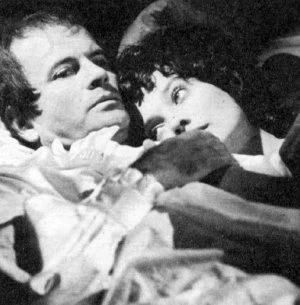
More could also have been made of the irony that Napoleon spent much of his exiles on Elba and then St Helena hoping desperately that Marie-Louise and their son would join him, ignorant of the fact that she had become unfaithful to him. Nor was it mentioned that it was Maria Walewska and her son who did visit him on Elba, or that it was Josephine's name on his lips as he died on St Helena. Reference to any of these ironies would have made the final episode a little less abrupt and perfunctory - but this is a minor quibble.

Overall, the whole thing has an air of total authenticity, even if the fact that it shows only selected aspects of Napoleon's life and times means that it cannot be wholly accurate.
Seen this show? How do you rate it?
Seen this show? How do you rate it?
Published on September 9th, 2019. Written by John Winterson Richards for Television Heaven.



